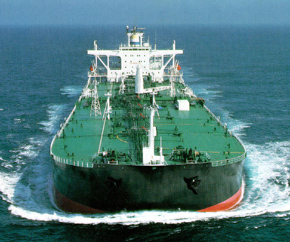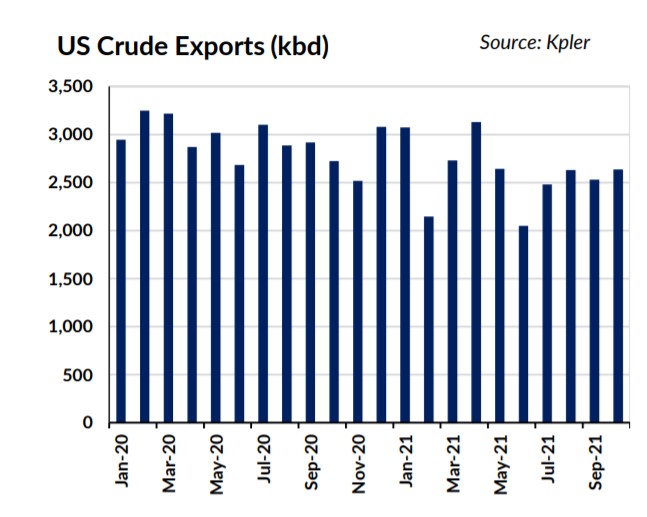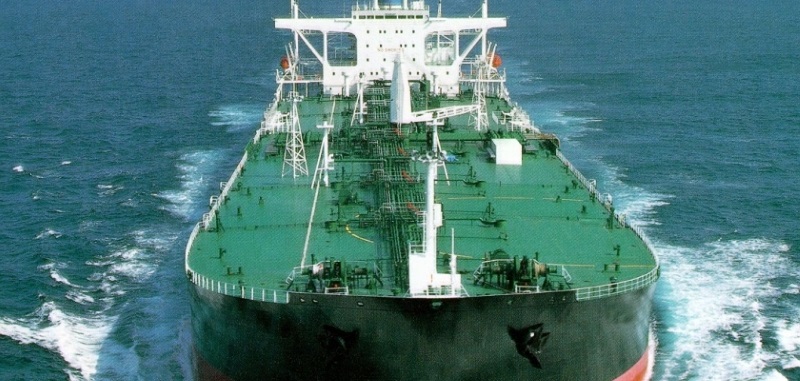Tankers: Oil Supply to Remain Limited, but Not For Long
15.11.2021
Tanker owners are bound to benefit from more oil coming into the market from the start of 2022 onwards, as demand continues to recover. However, with plans around the world to move away from fossil fuels is bound to catch up in the long term. In its latest weekly report, shipbroker Gibson said that “it’s not very often that a leader of a large oil producing nation calls on other oil producing countries to actually pump more oil. But this is what Joe Biden asked for at the G20 a couple of weeks ago. This isn’t the first time his administration has asked OPEC+ to pump more oil. They asked back in July for additional volumes. However, for now at least, OPEC+ appear committed to their stated pathway of boosting crude by 400kbd per month. The new targets began in August, and it is hoped that 2 million b/d will be added to the group’s total output by the end of the year. However, some members of the group have not been capable of raising their output. There are production difficulties in Angola, Nigeria, Libya, and Malaysia, which could mean that other countries with spare capacity, such as Saudi Arabia and the UAE, may have to increase output”.

According to Gibson, “the group’s reluctance to raise output might seem political but their policy is also guided by data. OPECs internal research body is forecasting an oil surplus due to softening seasonal demand in Q1 22. However, as demand continues to recover, OPEC may have to adjust their strategy. It may just not be as fast as the US, India and Japan might like. So, it seems that the US is not a lone voice in highlighting that restricted supply could have a negative economic impact. If there is a supply problem, why, as one of the world’s largest oil producers, isn’t the US doing anything about it? Many would have thought the higher prices which have persisted for much of the year would have stimulated drilling activity. However, with many producers taking a more conservative approach, and many locked into hedges, there has yet to be a notable increase in US output, although this is forecast to change next year. Biden could of course introduce incentives to encourage domestic oil output, but this would be very much at odds with his climate credentials”.

The shipbroker added that “there is also the question of the outcome of COP26, where the US discussed plans to reduce carbon emissions. How will the US balance being a major oil producer as well as reducing emissions? Pressure to transition away from an oil economy has added extra complications. The Biden administration adopted a hostile position to the fossil fuel industry in the hope that high oil prices would speed up the transition to renewable energy. However, this position has been seen as detrimental to the popularity of the President. Biden now has the added complication of high pump prices, a real ‘no’ in the US. Without a corresponding increase in supply, oil and gas prices may continue to find further support. The passing of the much anticipated $1 trillion infrastructure bill might in the long-term steer demand away from the oil with investment in electric vehicle charging, and greener public transportation. However, in the short term, the economic boost is likely to provide tailwinds to overall oil demand. So, Biden has a difficult task on his hands. Keep energy affordable for the electorate in the short term, whilst at the same time pivoting the country to a greener future. For the tanker market, in the medium term this means more oil, but in the longer term the picture is much less certain”, Gibson concluded.
Source : Hellenic Shipping News
